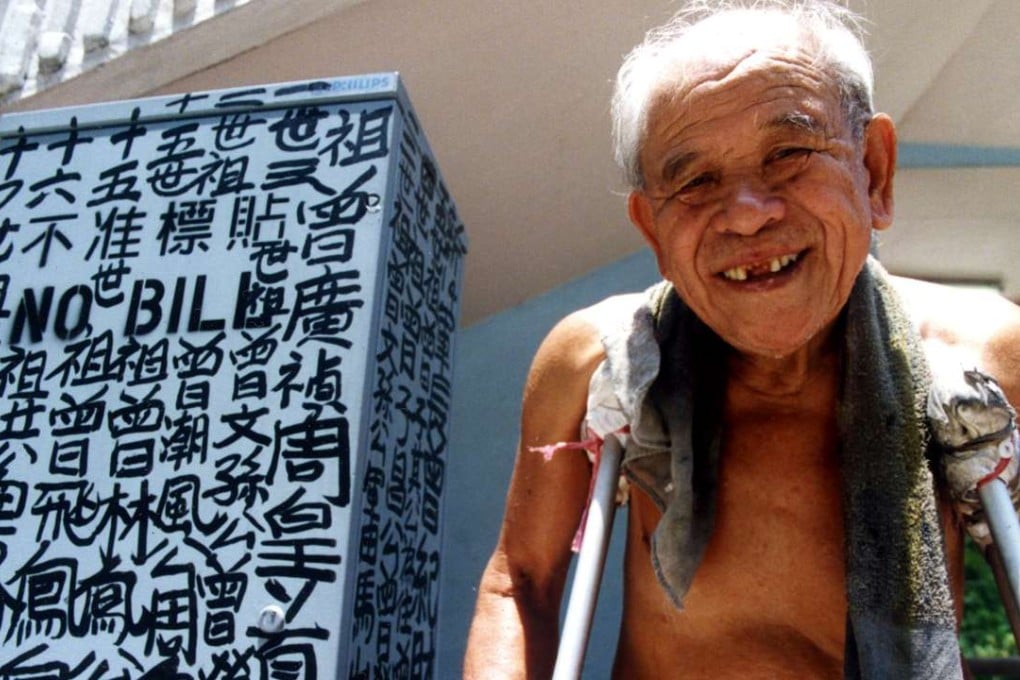Where Hong Kong got its thing for crowning people king - of shops, props, toilets, toys ... and Kowloon
You’ve probably heard of the four heavenly kings of Canto-pop, but how about the four crazy kings, the king of strategies or the king of judicial reviews?

Hong Kong has its“four heavenly kings” of Canto-pop, and kings of gambling, votes, thieves, even toilets. The city has a habit of unofficially crowning its high achievers – whatever their line of work.
The name is usually bestowed on them by admirers, members of the public, or media headline writers, sometimes jokingly, at other times in recognition of the fact certain individuals are simply the best at what they do. These are among Hong Kong’s many “royals”:
King of Kowloon – Tsang Tsou-choi
Wandering the streets with a bag of ink and brushes, Tsang was an unlikely “King of Kowloon”. He arrived in Hong Kong as a teenage refugee in the 1930s from Guangdong, and started his urban scribblings two decades later, and conferred the title on himself.
Regarded as an eccentric, Tsang daubed his Chinese calligraphy on thousands of public spaces, on everything from lamp posts to mail boxes, over almost five decades. In his graffiti, he claimed to be the true heir of the territory and listed the supposed names of his illustrious ancestors. Tsang even anointed his eight children as princes.
Although Tsang’s claims weren’t taken seriously, his distinctive graffiti has won plaudits in art circles. There have been efforts to preserve what remains, and reproductions of his calligraphy were displayed at the Venice Biennale in 2003.
Tsang, who died in poverty aged 86 in 2007, once said he was not an artist, but “simply the king”.